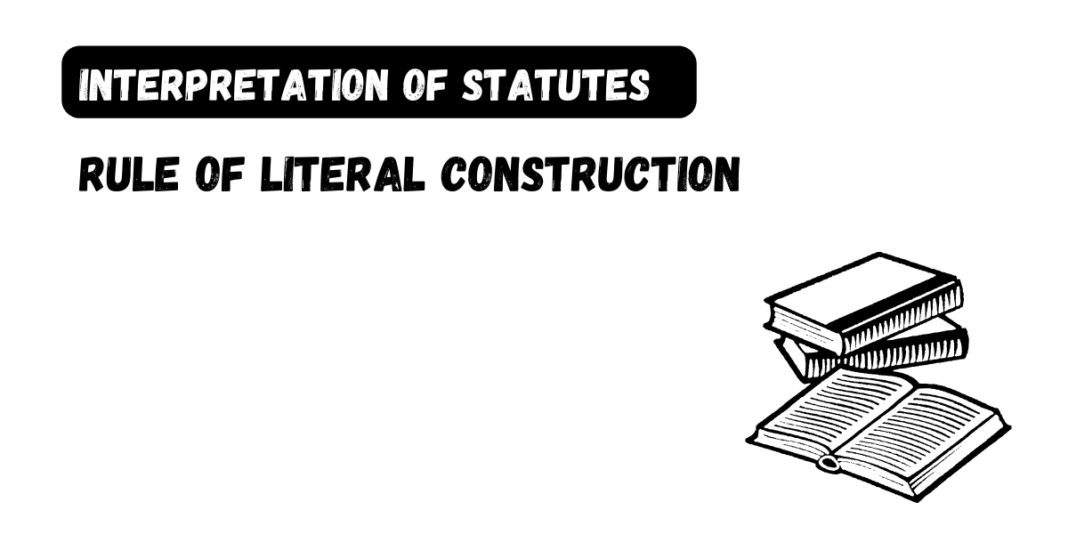The rule of literal construction is a basic principle of statutory interpretation that requires a court to interpret the words of a statute according to their plain and ordinary meaning, without adding or subtracting anything from the text. Under this rule, if the language of a statute is clear and unambiguous, it must be given its ordinary and literal meaning, regardless of whether it leads to an undesirable result.
In other words, the rule of literal construction requires that the words of a statute be interpreted exactly as they appear on the page, without adding any additional meanings or context. This approach assumes that the lawmakers who drafted the statute intended for the words to be interpreted as they are written, and that the plain meaning of the words is the best indication of their intended meaning.
However, the rule of literal construction is not always the only or most appropriate method of interpretation, and in some cases, it can lead to absurd or unjust outcomes. Therefore, courts may also consider other principles of interpretation, such as the purpose of the statute, the context in which it was passed, and the overall goals of the legal system, in order to arrive at a more just and reasonable interpretation of the law.





